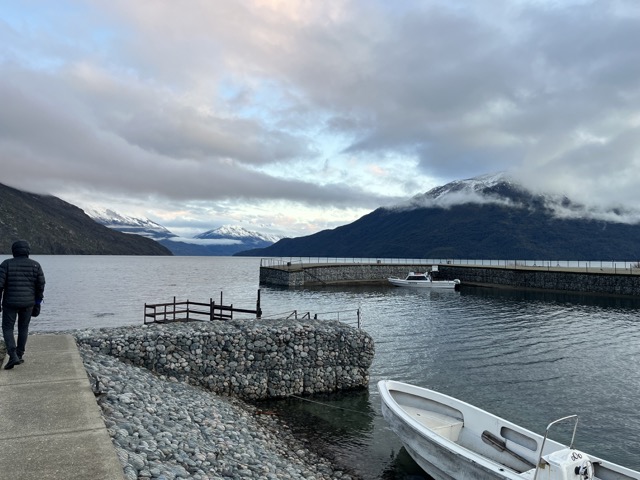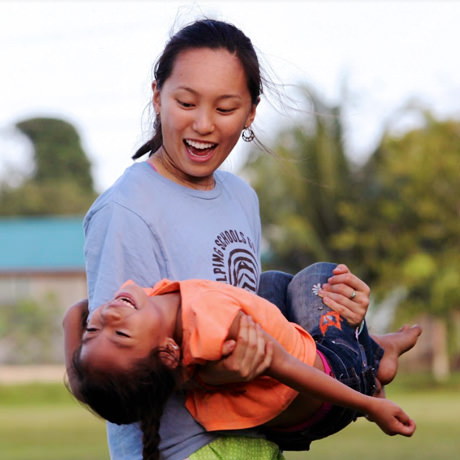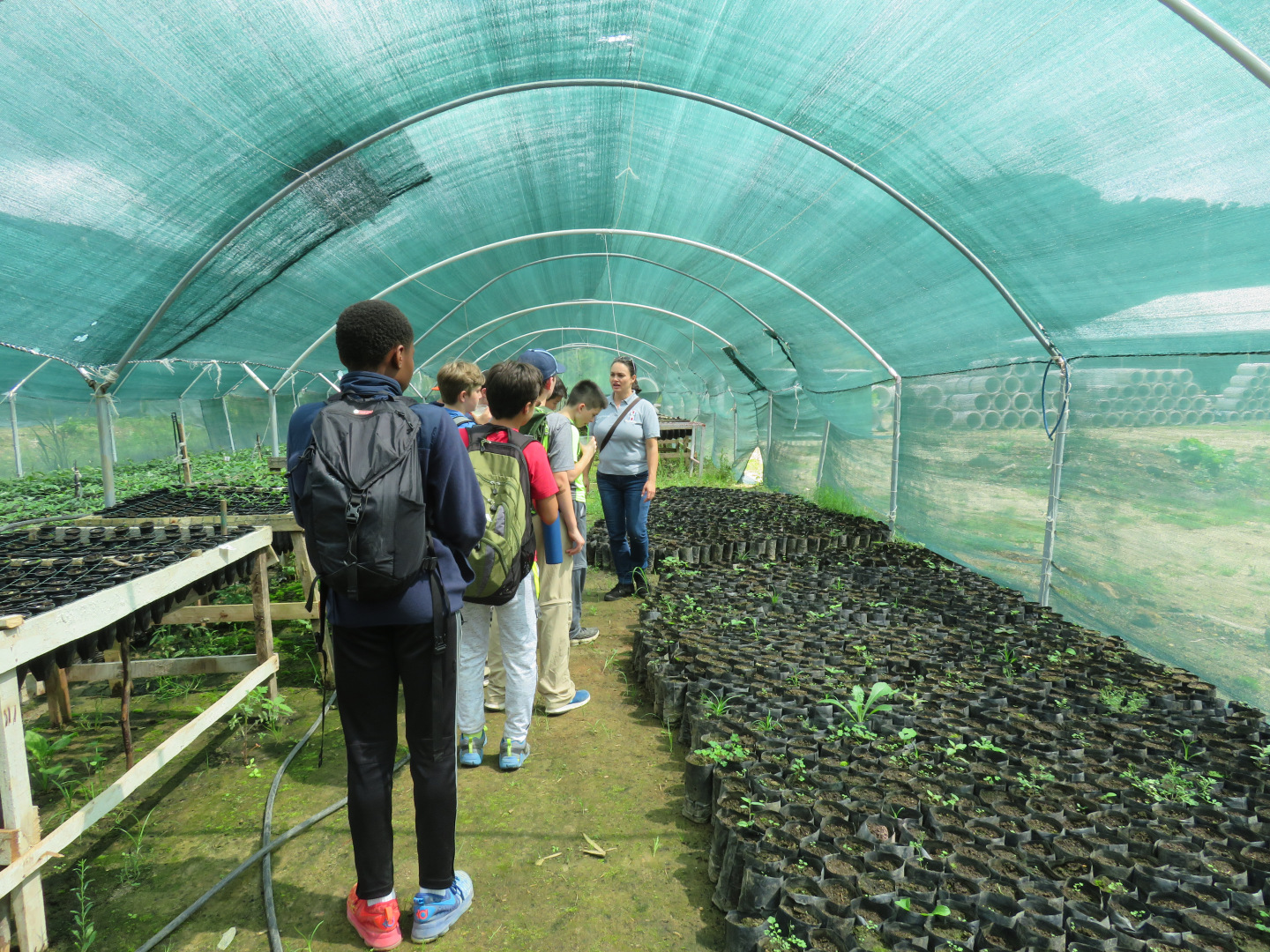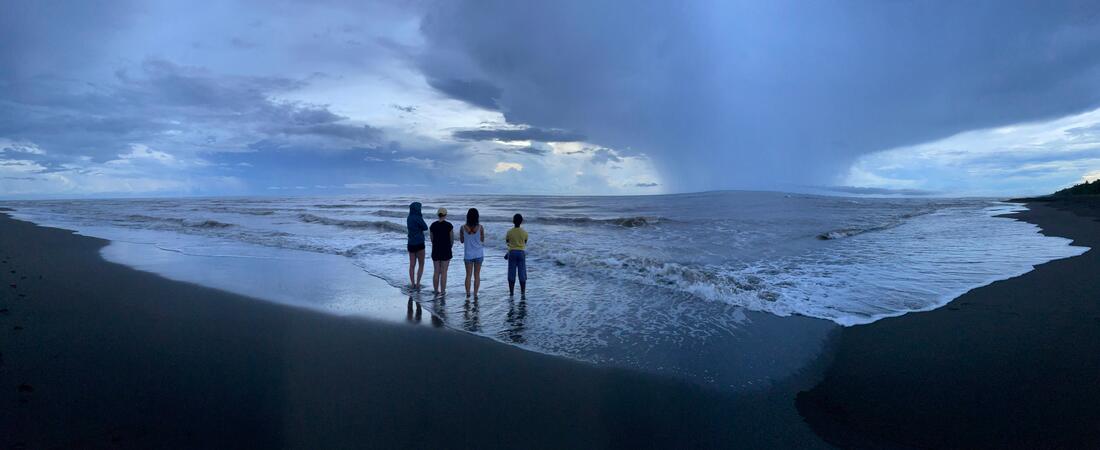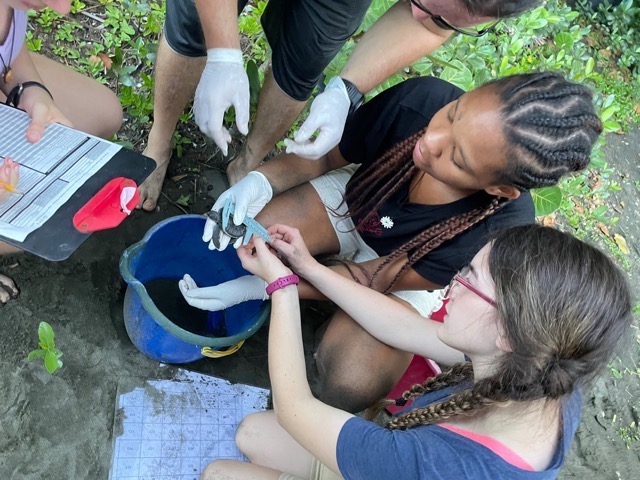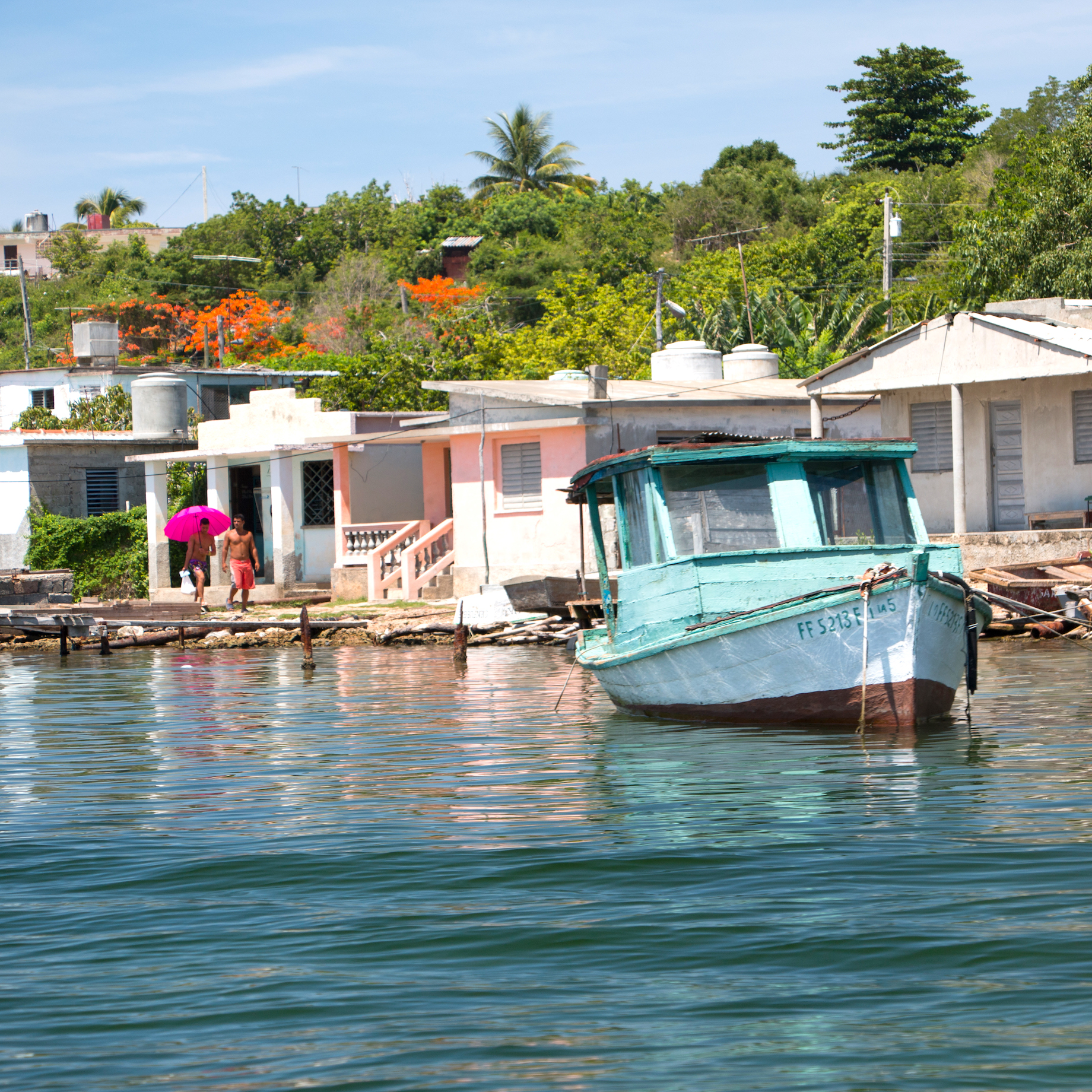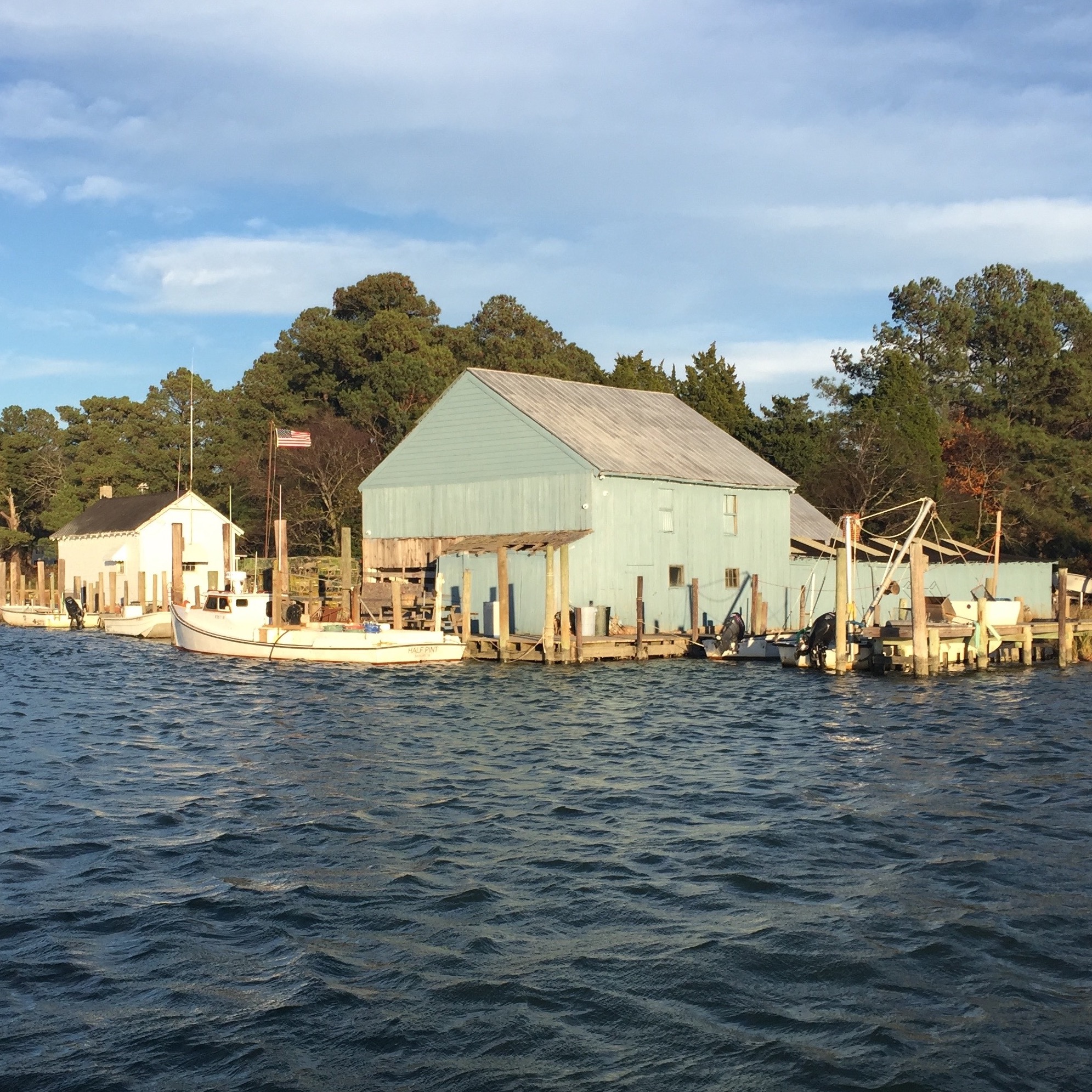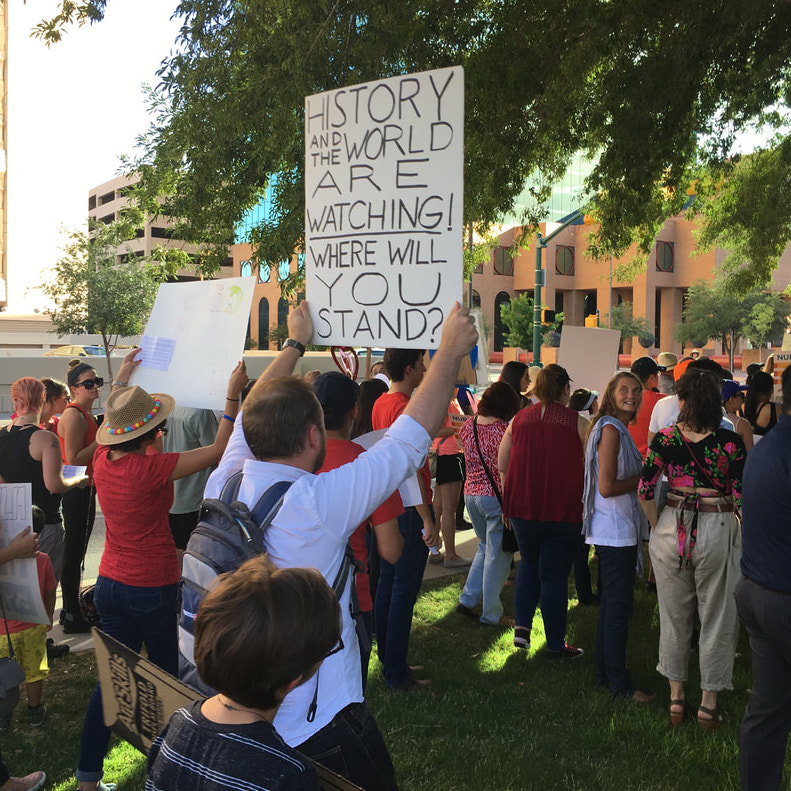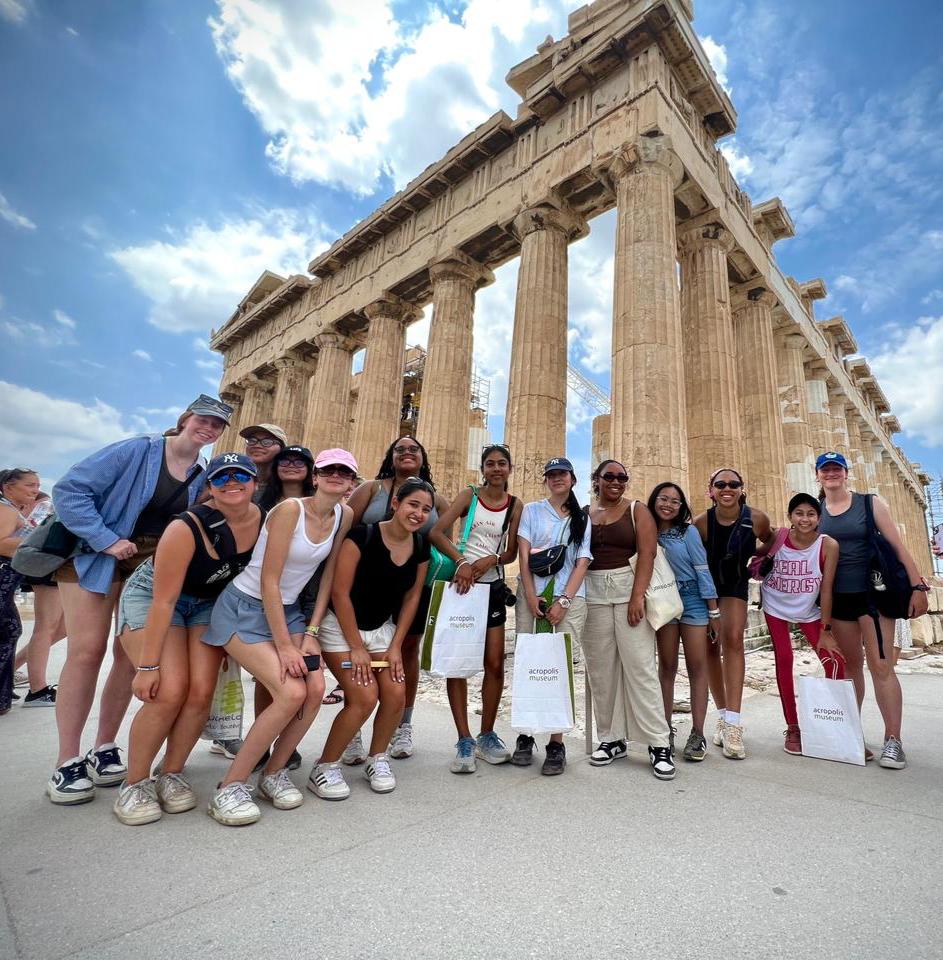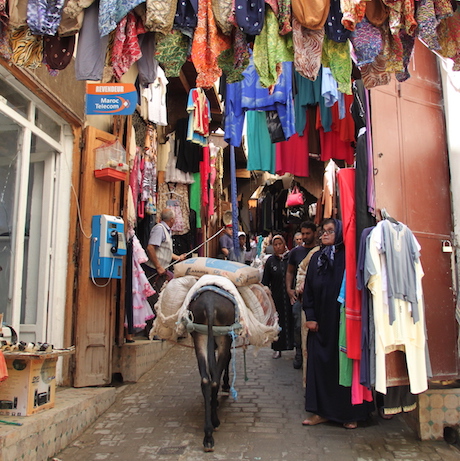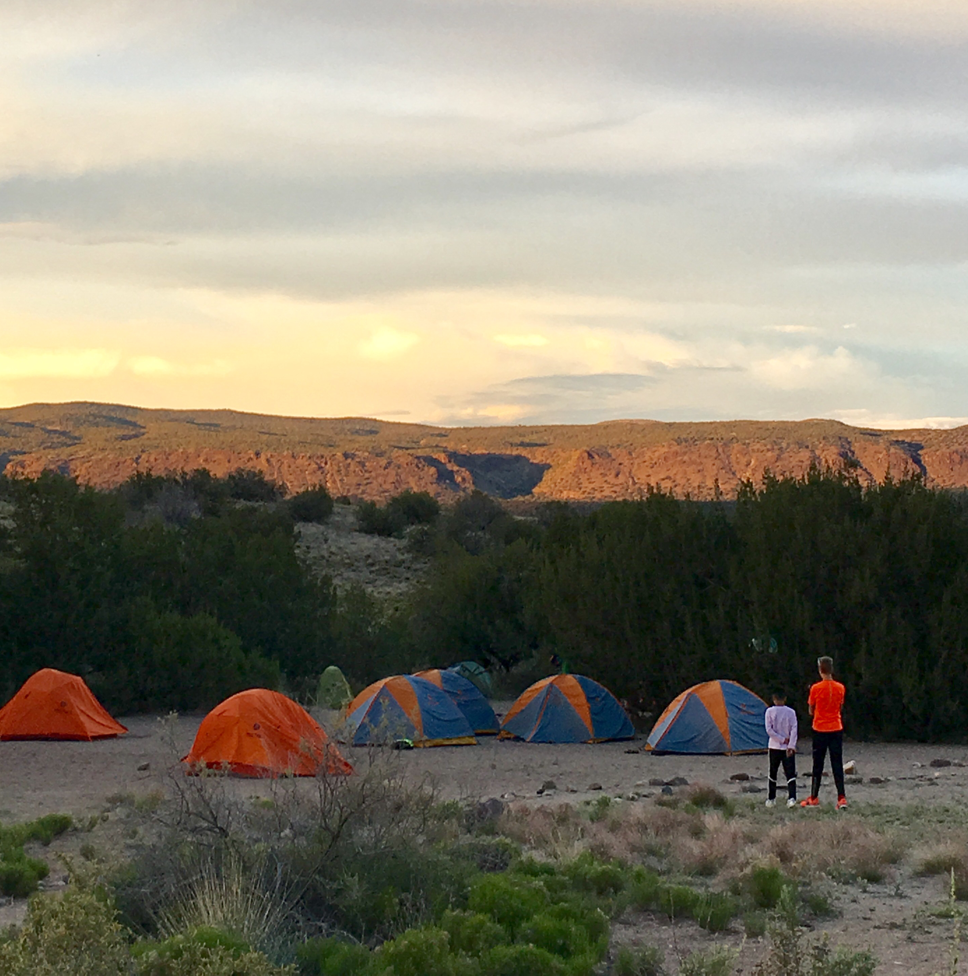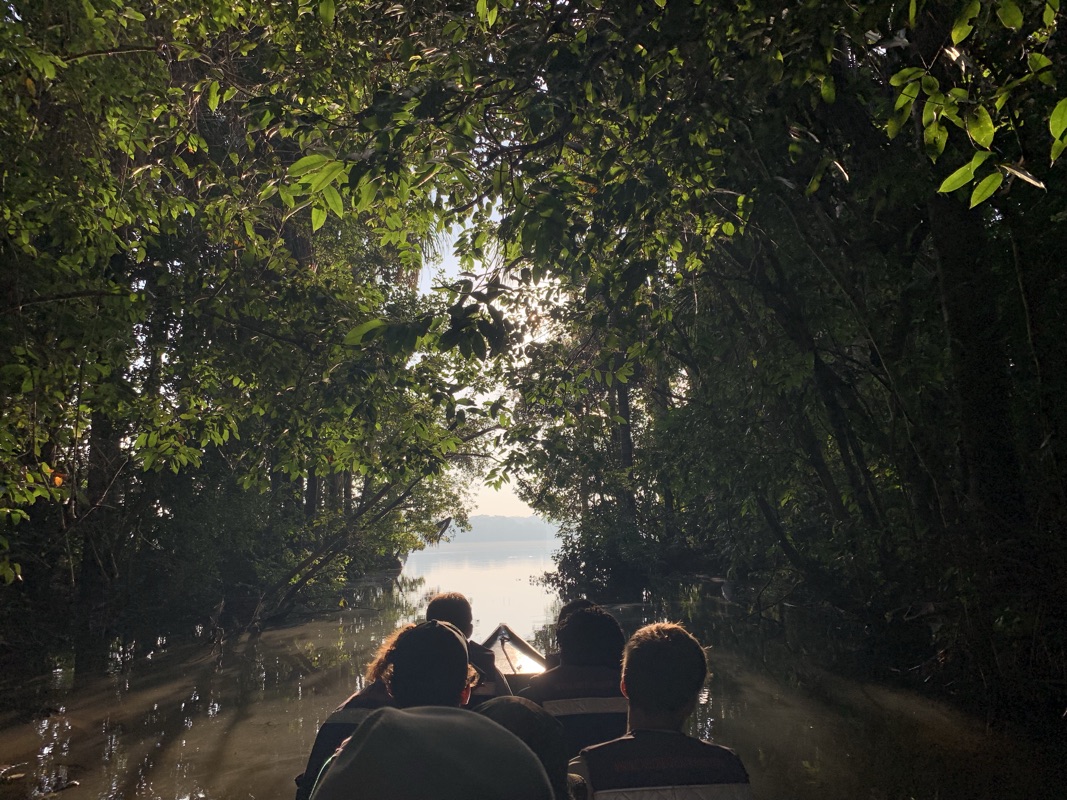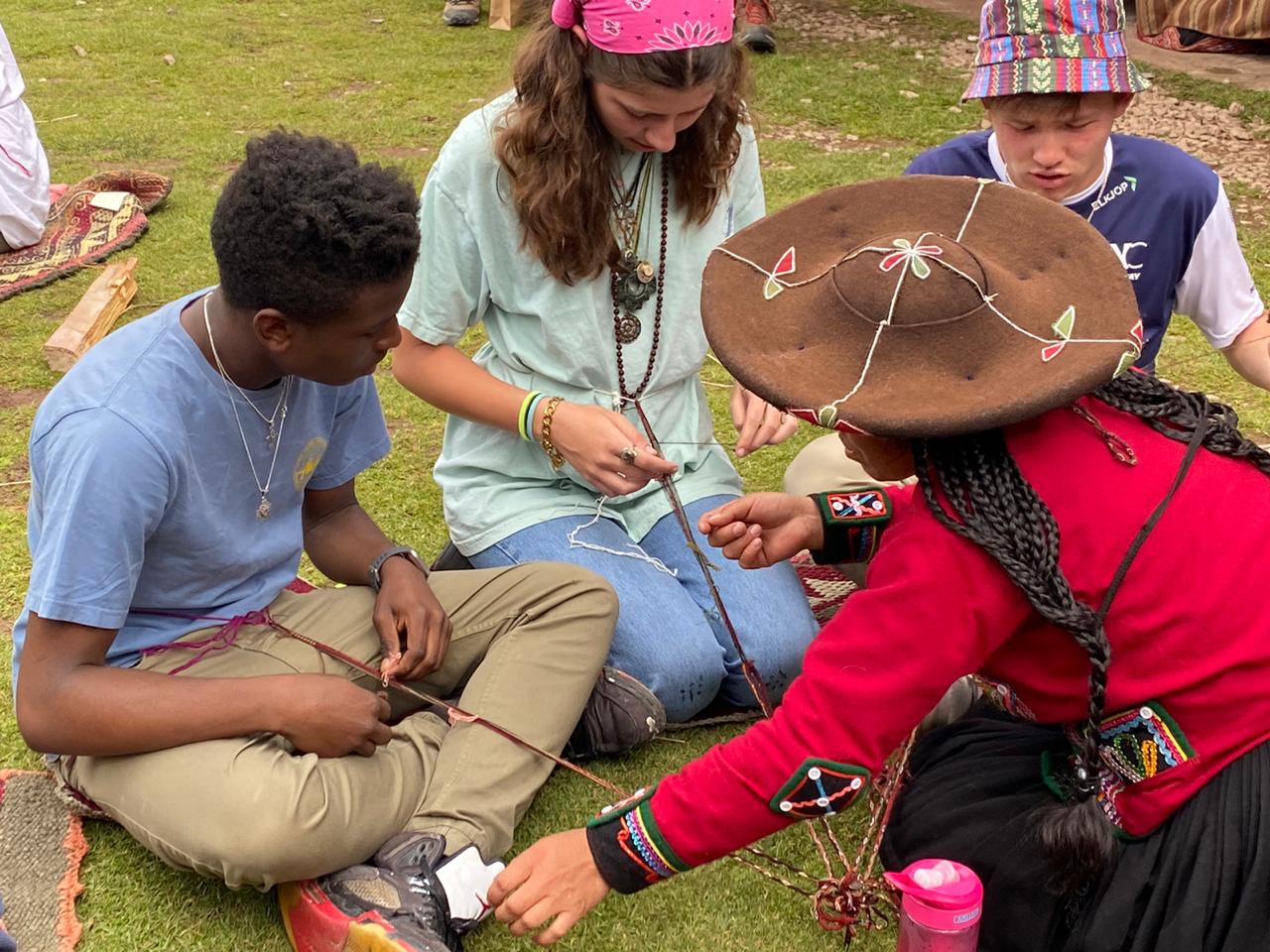Our Approach: Equity and Voice
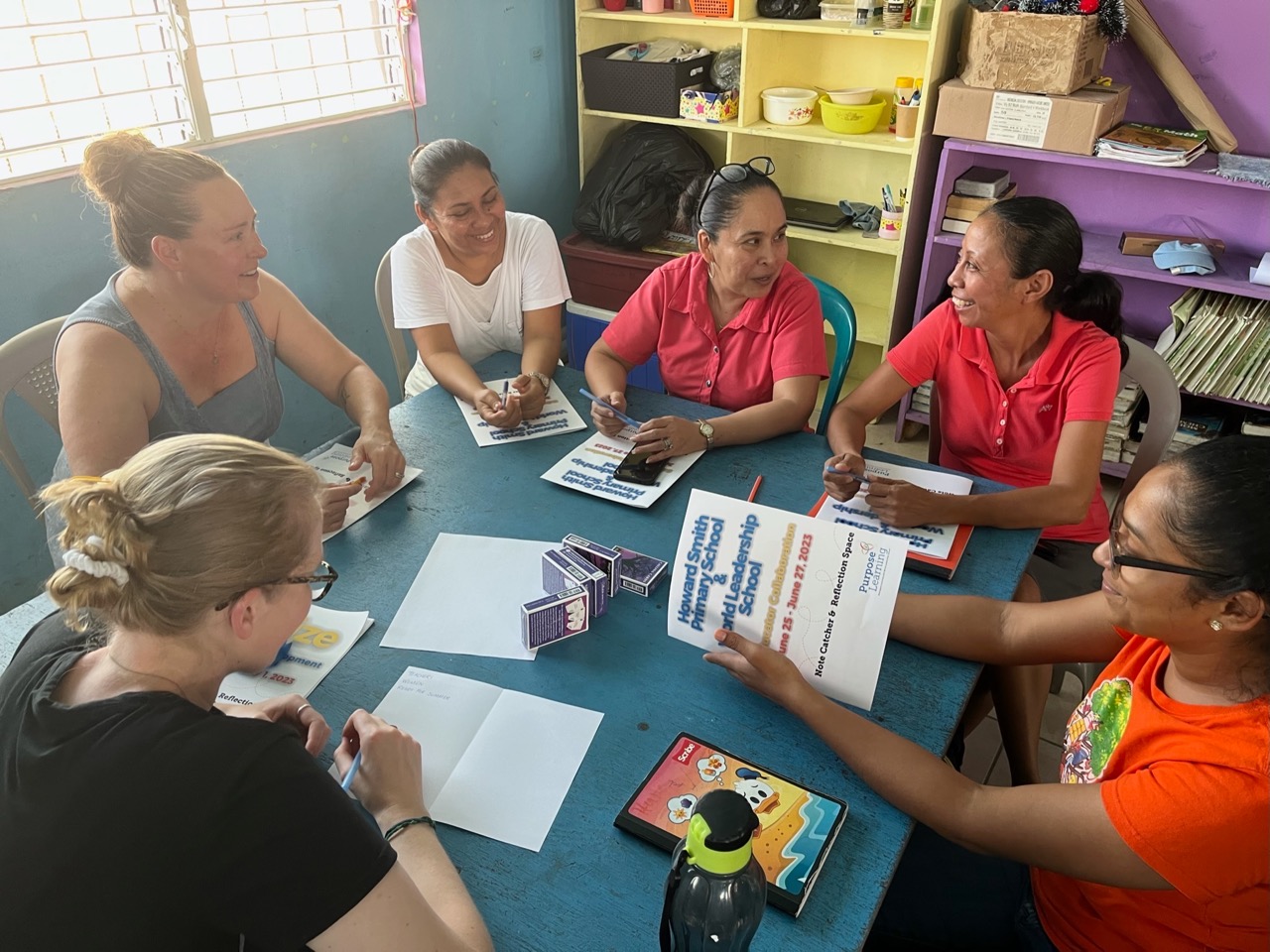
Self-Paced Intro to Project-Based Learning
This self-paced professional learning course will take teachers step-by-step through the process of building a project-based unit. Educators will explore why PBL is not only a unique and highly effective framework for teaching content and skills, but a must-have for teachers wanting to create meaningful learning experiences. In this workshop, we will explore components of the World Leadership School “Wheel of Pedagogy” with examples and the tools to design a unit specific to each classroom. Paired with live, virtual coaching, participants will design a unit plan, receive feedback, and plan for classroom implementation. By the end of this course, teachers will have a PBL unit ready to launch in their classrooms.
Contact Jessica Catoggio for more information.
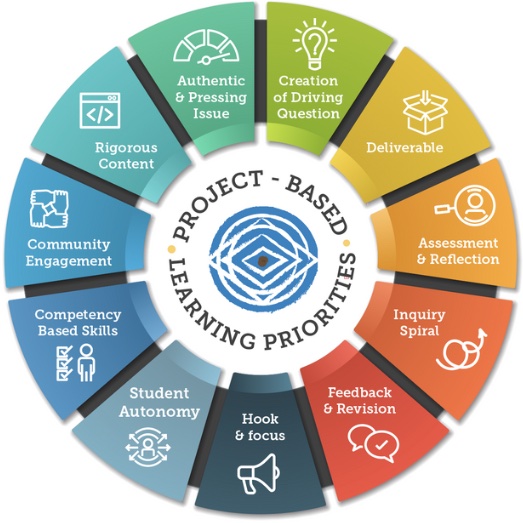
“The Intro to PBL course was organized, engaging, and inspiring. While I felt a bit overwhelmed by the idea of developing a PBL unit idea, by the end I felt confident and motivated to keep exploring and expanding upon my idea.”
Online Small Group Courses
World Leadership School’s online courses provide engaging and relevant options for educators at every level and in most disciplines. At 90 minutes per day, over 5 days, our courses allow educators to work in small groups, get feedback from a WLS coach, and dive into the work of creating units, lesson plans, and projects. Our goal is simple: to elevate the work of amazing teachers and bring purpose to the center.
We cap each course at 20 participants, which allows our facilitators to build community, spark reflection, and provide personalized feedback. If you have a group of interested teachers, we can customize the course focus and work with the dates you need. Open enrollment courses also run each summer.
Contact Jessica Catoggio for more information.
“These courses have made a big and very practical impact on multiple teachers. The philosophy of these courses aligns deeply with our school.” Sarah Williamson-Broadman, Dean of Faculty, Village Community School (New York, NY)
Courses
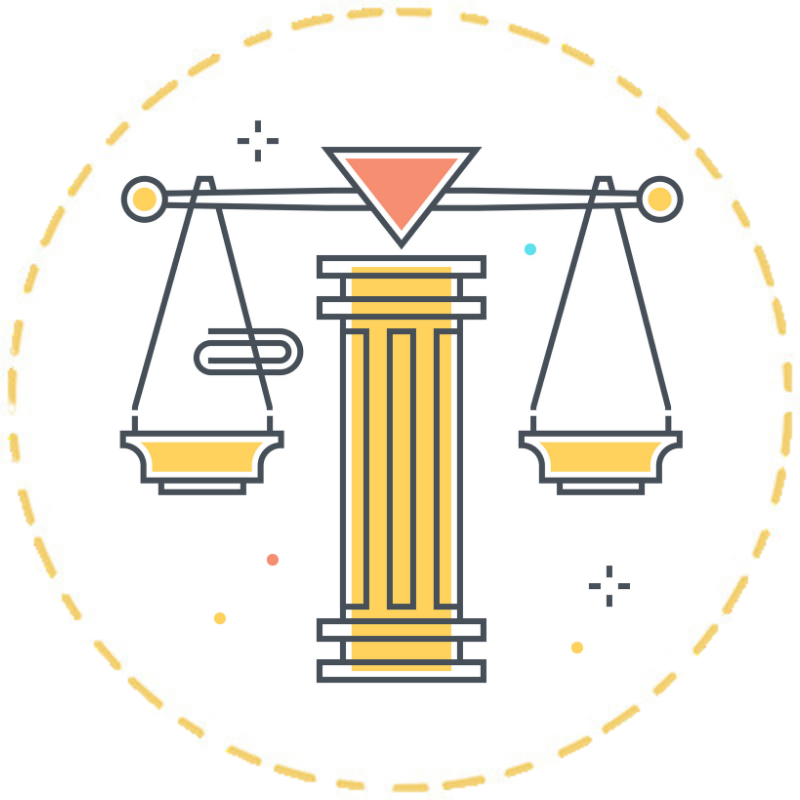
Advanced Project-Based Learning: Using PBL to Address Social Justice and Human Rights
All Disciplines | 6 - 12
Read MoreAdvanced Project-Based Learning: Using PBL to Address Social Justice and Human Rights
All Disciplines | 6 - 12
This course will be designed for more advanced Project-Based Learning practitioners, ideally educators and leaders who have already designed and implemented several PBL experiences, and can include educators who work with students across the K-12 spectrum. The course will focus on developing and implementing more complex and authentic PBLs which address more complex global and local challenges, such as social justice and human rights, while still aligning to and fulfilling academic standards. The course will include strategies for developing students’ competencies as global citizens, problem solvers, and leaders of change, in addition to the essential “survival skills” required to thrive in a complex, changing, and uncertain world. All participants will design an advanced PBL for their work, whether with students, teachers, or other stakeholders, which they plan to implement in the short term.
Instructional practices used in the course will incorporate the components of high-quality PBL, including opportunities for “Need to Know” and idea generation, voice and choice, collaboration, feedback cycles, and more. Asynchronous work between sessions will include readings, investigations, and elements of the project planning process.
Day 1:
- Review of essential design and teaching elements in PBL
- Reflections on successes and challenges in PBLs attempted previously
- Leveling up the academic standards, competencies and complexities of PBL
- Frameworks for identifying relevant, age-appropriate social justice issues for projects
- Idea generation for new projects that address needs in the school communities
Day 2:
- Designing and implementing interdisciplinary and multi-age projects
- Examples of excellent social justice projects
- Connecting complex topics to academic standards; ensuring projects fulfill academic goals
- Using the “Five Stages to Finding a Solution” to manage process and assure mastery
- Prototyping: collaborative feedback session on initial project ideas
Day 3:
- Use of “glocal” strategies and community partnerships
- Finding and maintaining global and local partnerships that work
- Idea generation for relevant community partners who might support projects across the glocal spectrum
- Frameworks for teaching and assessing global and intercultural competencies through PBL, including anti-racism work
- Facilitating “brave conversations” on more polemic topics
Day 4:
- Improving feedback/revision cycles and formative assessments for high quality work
- Improving students’ ability to give, receive and utilize growth-producing feedback
- Increasing student voice and choice at all levels of school and classroom (ensuring students’ ideas are implemented)
- Navigating management challenges during the process, particularly in interdisciplinary PBLs
- Feedback cycle on project plans
Day 5:
- Celebrations of learning: project presentations and “final” feedback (Critical Friends groups)
- Final reflections
A product of experiential project-based education herself, Jennifer D. Klein taught college and high school English and Spanish for nineteen years, including five years in Central America and eleven years in all-girls education. In 2010, Jennifer left teaching to begin Principled Learning Strategies, which provides professional development to support authentic student-driven global learning experiences in schools. She has a broad background in global education and partnership development, student-driven curricular strategies, inclusivity, and experiential, inquiry-driven learning. As a former head of school with extensive international experience, Jennifer facilitates dynamic, interactive workshops for teachers, leaders and students, working to amplify student voice, to provide the tools for high-quality project-based learning in all cultural and socio-economic contexts, and to shift school culture to support such practices. Jennifer is also committed to intersecting global project-based learning with culturally-responsive and anti-racist teaching practices, and her experience includes deep work with schools seeking to take on brave conversations, build healthier community, and improve identity politics on campus.
Jennifer’s first book, The Global Education Guidebook, was published in 2017, and her second is slated for publication in 2022, with co-author Kapono Ciotti. As an educational leader, writer, speaker, and bilingual workshop facilitator, Jennifer strives to inspire educators to shift their practices in schools worldwide.
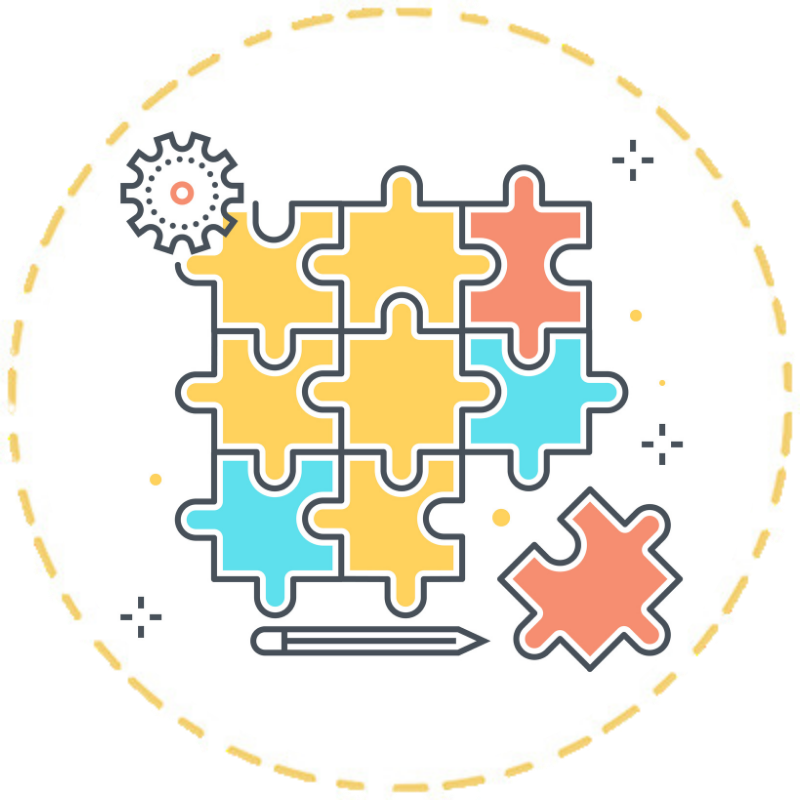
Auditing your Experiential Programs through a Diversity, Equity, Inclusion, and Belonging Lens
Experiential Learning | 8 - 12
Read MoreAuditing your Experiential Programs through a Diversity, Equity, Inclusion, and Belonging Lens
Experiential Learning | 8 - 12
This online learning course will guide you on how to critically evaluate your global and experiential programs through a DEIB Lens. This
approach will enable your school to align your programs, practices, and partnerships with your school mission, values, and statement of
diversity, equity, inclusion, and belonging.
How do you encourage diverse student enrollment and leadership opportunities while mirroring just and equitable teaching practices,
and how are you addressing socio-economic inequities in your program adoption, implementation, and assessment are just some of
the questions we will be addressing.
Day 1: Setting norms, understanding vision, building a common language
Day 2: Assessing access for the community, aligning partnerships with your DEIB vision, building trust and empathy, creating opportunities for reflexivity
Day 3: Connecting notions of power, access, privilege, and purpose to your global programming, accounting for marginalized identities in program development
Day 4: Defining and designing a program based on critical cultural exchange and establishing frameworks that support program outreach, assessment, and accountability.
Day 5: Virtual Collaboration & Celebration of Learning
Dr. Barret Fabris has been an educator for nearly two decades working in public, independent, parochial, and international school settings, while also gaining experience centered in seeking justice and enabling reconciliation. In seeking justice and supporting reconciliation and restorative practices in educational settings Barret has been driven by two questions presented by educational theorist Henry Giroux, “How do we make education meaningful by making it critical and how do we make it critical so as to make it emancipatory”.
Barret has a Bachelor’s in History and Secondary Education from Loyola University Maryland, a Master’s from Drexel University in Global and International Education with a concentration in Peace Education, and a PhD in International Peace Studies from Trinity College, Dublin. Dr. Fabris’ research focused on assessing the effectiveness of intercultural dialogue in virtual settings amongst secondary students, with a particular focus on the intersection between gender and race. These academic pursuits led Dr. Fabris to his current position as the Director of the Center for Justice, Peace, and Global Citizenship at Lincoln School in Providence, Rhode Island. At Lincoln he is responsible for adopting, implementing, and assessing all diversity, equity, inclusion, and community initiatives from pre-k to 12th grade. In this role Barret was also able to launch a partnership with World Leadership School where he led Lincoln’s global programs to India and Cuba for the past six years.
Prior to Lincoln and Trinity, Barret has also served as a human rights advocacy officer where he worked with human rights defenders and organizations, ultimately publishing, “The Human Price of Freedom”, a key report highlighting the human rights violations witnessed in Bahrain from 2011 to 2012. Through these diverse experiences Barret believes that a critically informed education is enabled through student and teacher empowerment. Providing students and teachers with the freedom to be reflective, socially conscious actors, must form an essential part of every teaching and learning practice.
Climate Change and Justice through Purpose-Driven Science Inquiry
Science | 7 - 12
Climate change is a driving force shaping environmental and socioeconomic landscapes. In this course, we develop problem-based, purpose-driven, inquiry experiences to engage students meaningfully into the science and justice issues of our rapidly changing world. Teachers will gain tangible strategies and tools to make climate change a year-long thread to science inquiry.
This course differs from Climate Change and Justice through Purpose-Driven Science Inquiry in that teachers will dive deeply into climate change science as the year-long avenue to mentor students’ science-informed service work.
Day 1: Fundamentals of science inquiry, climate change, sustainability and justice
Day 2: Engaging students with frequent purpose-driven inquiry in a collaborative classroom community
Day 3: Designing long-term, problem-based learning opportunities
Day 4: Developing our 2021-2022 projects with collaboration and reflection
Day 5: Celebration of Learning Presentations
Sandra Marr (BS in Biology, Carnegie Mellon University and MS in Environmental Science, Policy and Management, UC Berkeley) has been teaching for over 20 years, working with curious science students in a variety of preschool through university settings. The driving force in Marr’s approach is to engage learning communities through primary observations of the natural world. Her students are given many opportunities to take ownership over their hands-on, inquiry endeavors; and this process of discovery becomes a central iterative and reflective experience in her classes. Sandra just finished her fifth year at Collegiate School, an independent JK-12 school in Richmond, VA; but she has taught in public high school, university, and homeschool settings. She is eager to share her love of science exploration in the context of remote online learning.
Developing a Trauma-Sensitive Classroom: Who Cares?
All Disciplines | All Levels
Regardless of socio-economic status, race, or geographical location, trauma does not discriminate! Because trauma is so prevalent in homes and communities in every corner of the world, as educators, we must assume that we will face trauma in our classrooms. This course seeks to provide an in-depth framework for understanding the sources of trauma, realizing the impact of trauma on the brain and learning, identifying trauma in the classroom, building resilience among students, and keeping you, the educator, healthy in order to foster a warm and nurturing trauma-sensitive classroom.
Day 1: Understanding Trauma and Its Impact on the Brain and Learning
Day 2: Identifying and Supporting Trauma in the Classroom
Day 3: Building Resilience Through Classroom Community
Day 4: Walking in Each Other’s Shoes: Cultivating Sensitivity to Diversity and Developing Empathy
Day 5: What about Me?: Self-Care for the Care-Giver
I have been told many times that my career as an educator has been rather unconventional. I like to think that my experiences around the globe in the public, private, and non-profit sectors of education make me uniquely qualified to promote the far-reaching impact that education can have on changing an individual life and changing the world! Since 1997 I have worked extensively teaching and supporting students and educators in low-income communities, both in the US and abroad, during which time I have served as a primary and secondary classroom teacher, art teacher, program facilitator, national curriculum specialist, teacher trainer, and published social studies textbook and curriculum writer. My passion for underserved populations began as a child while living in Belize, as I bore witness to the challenges and trauma that are commonly experienced by those living in resource-limited communities, like the Mayan villages of Belize. Pairing my knowledge gained from a Masters in Education in Trauma and Resilience in Educational Settings with a vast litany of experiences in classrooms in Detroit, Philadelphia, Anacostia D.C., Queens, rural America, the Middle East, Haiti, Africa, India, and Central America, I have been able to bring awareness to the need for a trauma-sensitive approach to teaching and learning. Since 2018, I have served as the Executive Director of an international non-profit, Mission Equip, which seeks to provide professional development to educators and health-care workers in marginalized communities in the country of Belize and beyond. For fun, I enjoy all of the unexpected adventures that occur while traveling abroad with my husband, three school-aged children, and teams of educators. I am thrilled to be partnering with World Leadership School to continue working towards the collective goal of creating an educated world!
Human Connection in an Educational Context
All Disciplines | All Levels
Many of us chose the path to teach because we thrive from the human connection that occurs in a classroom. This interactive course will help to answer the question: How can we continue to build community and authentic connection in any classroom environment (hybrid, online, and/or traditional)? In this course, we will dive into our own culture and stories to understand how we can use ourselves as the best tool for connection with our students. We will practice and adjust our classroom routines and troubleshoot key issues that may hinder connection with our students. Lastly, we will explore brain breaks, tools, and techniques to create human connection and meet our students’ needs. Keeping the perspective of project-based learning, we will leave our course together with a resource to utilize to connect more with our students in any educational context.
Day 1: Culture and Storytelling
Day 2: Practicing Routines & What Ifs (The Reality of the Classroom)
Day 3: BrainBreaks Galore
Day 4: Asynchronous and Synchronous Tools for Human Connection
Day 5: Celebration of Sharing & Learning through Reflection
Dr. Natasha Ward is an educational consultant, behavioral change health coach, and a virtual instructional coach with multiple organizations. She received her doctorate in School Improvement with concentrations in Educational Leadership and School Counseling from the University of West Georgia. With a Masters in Teaching from Georgia State University and a B.A. in Philosophy and a minor in Spanish from Spelman College, Dr. Natasha’s career spans across a variety of educational sectors. While teaching and consulting, she has guided, coached, and mentored pre-service and in-service teachers nationally and internationally on classroom management, culturally relevant and sustaining pedagogy, best instructional practices, mindfulness in the classroom, critical inquiry, and teaching the whole child. She has also presented at conferences on critical inquiry projects, whole-care practices for educational professionals, and the implementation of SEL practices in the classroom. Dr. Natasha has experience with grades K-12, however, her foundation is in lower schools (K-5). She ultimately desires to bridge the gap between community and home through project-based learning and critical inquiry, so that students and teachers are able to evolve, unveil, and transform more into their whole selves.
Inquiry Through the Messy Joys of Art and Science
Science | PK - 6
Students thrive when given engaging, hands-on opportunities to ask their own questions. This course provides teachers with the tools and methods needed to mentor young students in creative and analytical endeavors. Inspiring young minds to wonder and reflect with curiosity will be central to our endeavors to weave imagination and insight into purpose-driven curricula.
Day 1: Fundamentals of inquiry, wonder and curiosity
Day 2: Mentoring reflective curiosity and exploration
Day 3: Designing inquiry learning opportunities through art and science
Day 4: Developing our 2021-2022 projects with collaboration and reflection
Day 5: Celebration of Learning Presentations
Sandra Marr (BS in Biology, Carnegie Mellon University and MS in Environmental Science, Policy and Management, UC Berkeley) has been teaching for over 20 years, working with curious science students in a variety of preschool through university settings. The driving force in Marr’s approach is to engage learning communities through primary observations of the natural world. Her students are given many opportunities to take ownership over their hands-on, inquiry endeavors; and this process of discovery becomes a central iterative and reflective experience in her classes. Sandra just finished her fifth year at Collegiate School, an independent JK-12 school in Richmond, VA; but she has taught in public high school, university, and homeschool settings. She is eager to share her love of science exploration in the context of remote online learning.
Introduction to Project-Based Learning (LS)
All Disciplines | PK - 5
The benefits of utilizing Project-Based Learning [PBL] in a classroom setting are innumerable. However, there has been little practice in using this pedagogical model in an online or remote setting. This week-long professional learning course will take you step-by-step through the process of transitioning your PBL into an online and blended learning platform. Each day we will explore different components of the WLS Wheel of Pedagogy with examples and time to design components of a PBL unit specific to your classroom and your students.
Day 1: Introduction to PBL and Online Pedagogies
Day 2: Rigorous Content, Authentic Learning, Community Engagement, and Deliverables
Day 3: Entry Event, Driving Question, Inquiry Spiral, and Student Autonomy
Day 4: Assessment, Reflection, Feedback, and Revision
Day 5: Sharing Project Plans and Celebration of Learning
Jessica Catoggio has deep experience coaching teachers around project-based learning. She is passionate about building communities and aims to connect with others through differences and similarities. She values inquiry, curiosity, and in-depth questioning and helps teachers create dynamic classroom communities in which all students thrive. Jessica is a veteran teacher with 20 years experience in both public and independent schools, including the last 13 years as a lower school teacher at Collegiate School in Richmond, VA. While at Collegiate, Jessica evolved her project-based approach after taking multiple PBL trainings and receiving her coaching certificate from the University of Virginia’s Curry School of Education. At Collegiate, she coached her colleagues through the stages of project-based learning and helped lead an effort to establish capstone projects. She earned her Bachelor of Business Administration in Marketing from James Madison University in Harrisonburg, Virginia and went on to receive a Masters of Arts in Teaching from Johns Hopkins University in Baltimore, Maryland. In her free time, she enjoys reading, baking, traveling, and paddling Richmond’s beautiful James River with her husband and two children. She can’t leave home without her Sheepadoodle puppy, Rally!
Introduction to Teaching the Whole Child
All Disciplines | K - 12
Purposeful, meaningful learning is vital. Through a social-emotional lens, this interactive course will dive into how to increase student engagement through building connections with your students and through choice. This week-long professional learning course will focus on the aspects that teach the whole child. Research shows that when the whole child is invited into a classroom setting, the child is engaged and excited about learning. Each day, we will discover more about ourselves as educators, and we will explore how our philosophies of teaching can be a strength in the classroom. We will learn the importance of student autonomy, building relationships, and making learning meaningful. By the end of the course, you will have created an instructional tool that is specific to your classroom and your students. A by-product of this course is having an authentic dialogue with your students and promoting an inquiry-based classroom. All content can be used in an online classroom setting as well.
Day 1: The teacher mindset with a focus on implicit bias and asset-based thinking
Day 2: Building relationships by meeting students where they are
Day 3: Making learning meaningful and relevant
Day 4: Student autonomy through collaborative learning and choice
Day 5: Celebration through sharing
Dr. Natasha Ward is an educational consultant, behavioral change health coach, and a virtual instructional coach with multiple organizations. She received her doctorate in School Improvement with concentrations in Educational Leadership and School Counseling from the University of West Georgia. With a Masters in Teaching from Georgia State University and a B.A. in Philosophy and a minor in Spanish from Spelman College, Dr. Natasha’s career spans across a variety of educational sectors. While teaching and consulting, she has guided, coached, and mentored pre-service and in-service teachers nationally and internationally on classroom management, culturally relevant and sustaining pedagogy, best instructional practices, mindfulness in the classroom, critical inquiry, and teaching the whole child. She has also presented at conferences on critical inquiry projects, whole-care practices for educational professionals, and the implementation of SEL practices in the classroom. Dr. Natasha has experience with grades K-12, however, her foundation is in lower schools (K-5). She ultimately desires to bridge the gap between community and home through project-based learning and critical inquiry, so that students and teachers are able to evolve, unveil, and transform more into their whole selves.
Intermediate Teaching for the Whole Child
All Disciplines | K - 12
Continuing from Teaching the Whole Child part 1, this professional learning course will continue to focus on the aspects that teach the whole child through a social-emotional gaze. While providing a very brief overview of the last course, this course will dive deeper into asset-based thinking and culturally responsive teaching. We will learn the importance of joy, student empowerment, inquiry, routines, and reflection. Each day will build on the prior day by first diving inwardly to look at oneself and one’s beliefs, then we will transition to really see our students and learn strategies that will support their learning. Each session will use the best instructional practices for learners. By the end of the course, you will have created an instructional tool that is specific to your classroom and your students. A by-product of this course is an increase in student engagement, classroom community, and self-awareness. This is an interactive course that will provide multiple opportunities for practice, case studies, and reflection. All content can be used in an online and traditional classroom setting.
Prerequisite to this course is the Introduction to Teaching the Whole Child.
Day 1: The Mirror: My Why + Asset Based Thinking + Culturally Responsive Teaching
Day 2: Engagement: Joy + Sharing + Student Empowerment
Day 3: Structures: Morning & Closing Classroom Routines + Reflection
Day 4: Assessments: Mind the Gap + Inquiry + Interactive Assessments
Day 5: Community: Asset Based Feedback + Celebration of Learning & Successes
Dr. Natasha Ward is an educational consultant, behavioral change health coach, and a virtual instructional coach with multiple organizations. She received her doctorate in School Improvement with concentrations in Educational Leadership and School Counseling from the University of West Georgia. With a Masters in Teaching from Georgia State University and a B.A. in Philosophy and a minor in Spanish from Spelman College, Dr. Natasha’s career spans across a variety of educational sectors. While teaching and consulting, she has guided, coached, and mentored pre-service and in-service teachers nationally and internationally on classroom management, culturally relevant and sustaining pedagogy, best instructional practices, mindfulness in the classroom, critical inquiry, and teaching the whole child. She has also presented at conferences on critical inquiry projects, whole-care practices for educational professionals, and the implementation of SEL practices in the classroom. Dr. Natasha has experience with grades K-12, however, her foundation is in lower schools (K-5). She ultimately desires to bridge the gap between community and home through project-based learning and critical inquiry, so that students and teachers are able to evolve, unveil, and transform more into their whole selves.
Math: Reflection as a Tool for Growth
Math | PK - 12
How can we take what we have learned from the past year and use it to become better educators in the math classroom? Where were you and your students challenged? Where did you grow and thrive? Knowing that you had to alter so much, What parts will you keep? What are you excited to let expire? All of this and more will be discovered in this week-long professional learning workshop. Participants will explore best practices for teaching math including assessment, Project-Based Learning, and inquiry-based activities. Participants will share strategies, look at how their curriculum might need to differ from years past, and leave having designed a unit to utilize in the upcoming school year.
Day 1: Best Practices for Teaching Math and Reflections of A Crazy Year
Day 2: Curricular Goals, Inspiration, and Assessment (Pre, Post, Formative, Summative)
Day 3: PBL and Inquiry Units
Day 4: PBL and Inquiry Units
Day 5: Celebration of Learning
KRISTEN GOGGIN has over 20 years of teaching experience in independent schools. Kristen earned her bachelor’s degree from Lafayette College and a Masters in Educational Leadership from the University of the Pacific and is currently a middle school math teacher, department head, and summer program coordinator at Cathedral School for Boys in San Francisco, California. Kristen’s math class goes far beyond the instruction of mathematical concepts as she uses global and social issues to help focus inquiry and has her students work with numbers in a real-world context. Kristen considers it crucial that her students learn how to collaborate, think critically, and wonder as they explore math concepts and develop multiple ways to solve problems. Kristen is widely known for her “Kiva Project” and has presented on this project and many others at educational conferences around the world.
Purpose Launch
All Disciplines | All Levels
COVID-19, combined with the global movement against systemic racism, is a crisis for schools but also an opportunity to take action. Schools cannot go back to where they were before this moment. Learning needs to be reimagined and re-designed. Students are learning in new ways, teachers are leveraging technology, and schools are working to address both equity and social and emotional learning. But how do we lock in the change? How do we navigate the fog of ideas, reform, and priorities?
In the Purpose Launch Workshop, we help educators establish a firm foundation by connecting to both individual purpose and institutional mission. We then explore the innovation horizon by using a Purpose Planner to reimagine an existing unit or project. In the process, we shift towards hope and determination as we launch into one of the most exciting and innovative years of school ever.
The goals of the Purpose Launch Workshop are:
- Help educators manage and cope with disruption by grounding themselves in both individual and institutional purpose.
- Launch school communities into our evolving future with courage, vulnerability, and clarity of vision.
- Create trust and healing so teachers can work together in new ways around innovative approaches.
- Introduce curriculum design tools around Purpose Learning, which integrates present-day school reform efforts into a single framework.
Day 1 – Purpose Clarification
Day 2 – Purpose Clarification
Day 3 – Purpose Clarification + Planning for Purpose
Day 4 – Planning for Purpose
Day 5 – Planning for Purpose + Celebration of Purpose Learning
ROSS WEHNER, Founder of World Leadership School, specializes in helping organizations build high-impact leadership development programs. Ross is also Founding Partner of World Action Teams (www.worldactionteams.com), the mission of which is to help corporations develop leaders who create value for business and society. Ross’ approach to leadership development integrates his work as a journalist, teacher, and wilderness educator. As a journalist, Ross covered the end of Chile’s Pinochet regime for the San Francisco Chronicle in 1990. For the next five years, he reported from around Latin America on climate change, human rights, outdoor adventure, and other topics for Mother Jones, Utne Reader, Outside, and Ski magazines. As a teacher, Ross has worked at The Miller School of Albemarle in Crozet, Virginia, The Bush School in Seattle, and the University of Virginia, where he earned his M.A. in Spanish American literature in 1999. As a wilderness instructor, Ross worked for the National Outdoor Leadership School (NOLS) and Alpine Ascents, an international climbing agency in Seattle. Ross believes that organizations should connect with their mission and values and take advantage of leadership mentors within their extended community when building a sustainable leadership development program.
JESSICA CATOGGIO has deep experience coaching teachers around project-based learning. She is passionate about building communities and aims to connect with others through differences and similarities. She values inquiry, curiosity, and in-depth questioning and helps teachers create dynamic classroom communities in which all students thrive. Jessica is a veteran teacher with 20 years experience in both public and independent schools, including the last 13 years as a lower school teacher at Collegiate School in Richmond, VA. While at Collegiate, Jessica evolved her project-based approach after taking multiple PBL trainings and receiving her coaching certificate from the University of Virginia’s Curry School of Education. At Collegiate, she coached her colleagues through the stages of project-based learning and helped lead an effort to establish capstone projects. She earned her Bachelor of Business Administration in Marketing from James Madison University in Harrisonburg, Virginia and went on to receive a Masters of Arts in Teaching from Johns Hopkins University in Baltimore, Maryland. In her free time, she enjoys reading, baking, traveling, and paddling Richmond’s beautiful James River with her husband and two children. She can’t leave home without her Sheepadoodle puppy, Rally!
World Languages: Creating Connections with Elementary Learners
World Languages | PK -6
World language learning happens best with in-person interaction between the teacher and learners. With the sudden shift to language learning in remote spaces, teachers need to design their new approach around the developmental needs of early language learners. This course explores how world language teachers can use synchronous and asynchronous remote learning in order to create connections and engage elementary school language learners.
Participants in this course will explore age-appropriate development of language skills in a communicative setting. Students will also examine successful Foreign Language in Elementary School (FLES) curricula and classrooms, create content-based thematic units, explore age-appropriate uses of technology for language learning, and develop a portfolio of resources for everyday use in FLES settings.
Day 1: Fundamentals of language learning and planning for instruction of children
Day 2: Best practices for asynchronous and synchronous learning
Day 3: Summary of technology tools for early language learning
Day 4: Theme and lesson development
Day 5: Virtual gallery walk and celebration of learning
Nathan Lutz is the Global Learning Coordinator and Primary School French Teacher at Kent Place School, a leader in girls’ education, located in Summit, New Jersey. Nathan has also taught elementary school Spanish, as well as French at the middle school, high school, and university levels. He holds an M.Ed in Teaching and Learning from SUNY Empire State, an M.A. in French from Rutgers, and a B.A. in French from Louisiana State University. As an advocate for world language instruction for all children, he serves the profession in various leadership roles: vice president of programs of the Foreign Language Educators of New Jersey’s (FLENJ); immediate past president of the National Network for Early Language Learning (NNELL); and the vice-chair of the Northeast Conference on the Teaching of Foreign Languages (NECTFL). In the realm of global learning, Nathan adamantly advocates for every person to develop global competence via curiosity, openness, and exploration. Nathan is a frequent conference presenter, program consultant, and writer for various language programs.
World Languages: Engagement and Assessment
World Languages | 6 - 12
Communication is undeniably a core principle of world language instruction. Yet, in the shift to teaching and learning in remotes settings, communication looks and sounds a lot different. This course explores how to engage world language learners in grades 6-12 through a variety of curricula, asynchronous and synchronous learning approaches, and the use of Integrated Performance Assessments (IPA). These classroom-based performance assessment models assist educators when evaluating a learner’s communication skills in the three modes of communication (Interpretive, Presentational, Interpersonal), as identified by ACTFL’s World-Readiness Standards for Learning Languages. Using a Backward Design approach, an IPA requires and expects learners to use language in real-life situations.
In this course, we’ll explore effective approaches to provide feedback before, during, and after the IPAs to build proficiency and monitor learning progress to prepare learners with 21st-century skills. We’ll also explore the essential elements to consider when creating real-world tasks to promote 21st century skills to successfully function in the global world. Students’ samples will be shared along with evaluation criteria and standards. Participants will develop their own IPAs while collaborating with colleagues and receiving coaching from the presenter.
Day 1: Modes of communication review and world language learning standards
Day 2: Exploration of exemplars
Day 3: Sourcing authentic texts
Day 4: Theme and assessment development
Day 5: Virtual gallery walk and celebration of learning
Nathan Lutz is the Global Learning Coordinator and Primary School French Teacher at Kent Place School, a leader in girls’ education, located in Summit, New Jersey. Nathan has also taught elementary school Spanish, as well as French at the middle school, high school, and university levels. He holds an M.Ed in Teaching and Learning from SUNY Empire State, an M.A. in French from Rutgers, and a B.A. in French from Louisiana State University. As an advocate for world language instruction for all children, he serves the profession in various leadership roles: vice president of programs of the Foreign Language Educators of New Jersey’s (FLENJ); immediate past president of the National Network for Early Language Learning (NNELL); and the vice-chair of the Northeast Conference on the Teaching of Foreign Languages (NECTFL). In the realm of global learning, Nathan adamantly advocates for every person to develop global competence via curiosity, openness, and exploration. Nathan is a frequent conference presenter, program consultant, and writer for various language programs.
Yes! YOU Matter! Self-care for Educators
All Disciplines | PK - 12
“We teach who we are.”-Parker J Palmer. How can we bring our rejuvenated, centered selves to our classrooms?
Educators will examine the why, what, and how of whole-care. In this interactive course, we will dive deep into our structures and routines that hinder our self-care. We will examine any fears and worries that could inhibit our beliefs. We will joyfully create space with one another to center, to create, to share, to laugh, and to be ourselves without the many hats that we constantly wear. Participants will leave with a self-care plan of their choice to add to their self-care toolkit for the upcoming school year. Let’s make YOU a non-negotiable! Hint: we will still utilize best instructional practices in an online classroom setting.
This is a slower-paced course that’s designed to slow down, reflect, and be.
Day 1: Your Structures Matter-What are you feeding yourself? (Stress, Self-Talk, Daily Practices, & Routines)
Day 2: Your Mind Matters (What are you thinking?)
Day 3: Your Body Matters (What are you doing?)
Day 4: Your Heart Matters (What are you feeling?)
Day 5: Celebration of You: Inner & Outer Reflection and Celebration through Sharing
Dr. Natasha Ward is an educational consultant, behavioral change health coach, and a virtual instructional coach with multiple organizations. She received her doctorate in School Improvement with concentrations in Educational Leadership and School Counseling from the University of West Georgia. With a Masters in Teaching from Georgia State University and a B.A. in Philosophy and a minor in Spanish from Spelman College, Dr. Natasha’s career spans across a variety of educational sectors. While teaching and consulting, she has guided, coached, and mentored pre-service and in-service teachers nationally and internationally on classroom management, culturally relevant and sustaining pedagogy, best instructional practices, mindfulness in the classroom, critical inquiry, and teaching the whole child. She has also presented at conferences on critical inquiry projects, whole-care practices for educational professionals, and the implementation of SEL practices in the classroom. Dr. Natasha has experience with grades K-12, however, her foundation is in lower schools (K-5). She ultimately desires to bridge the gap between community and home through project-based learning and critical inquiry, so that students and teachers are able to evolve, unveil, and transform more into their whole selves.


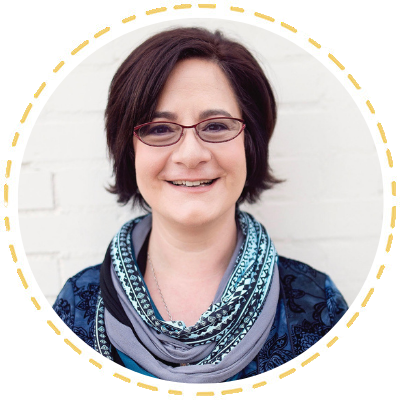
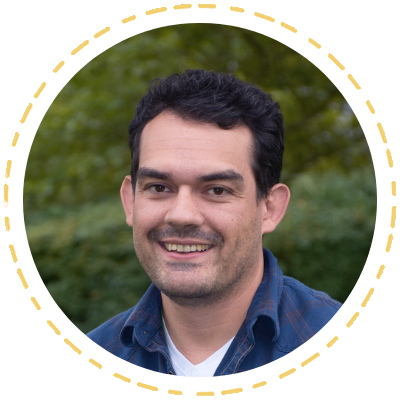

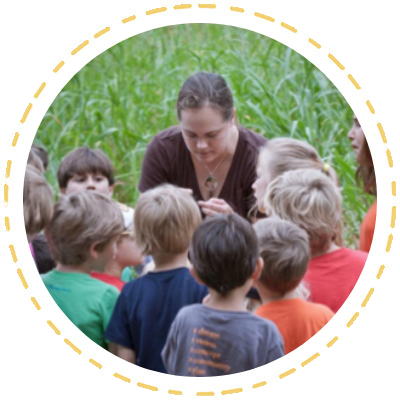

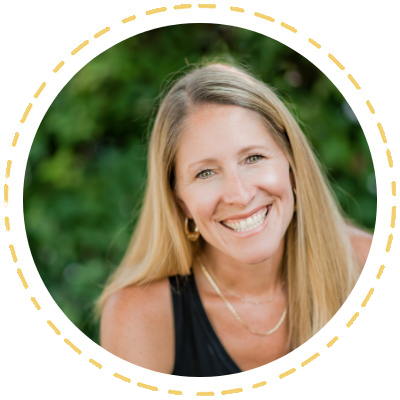
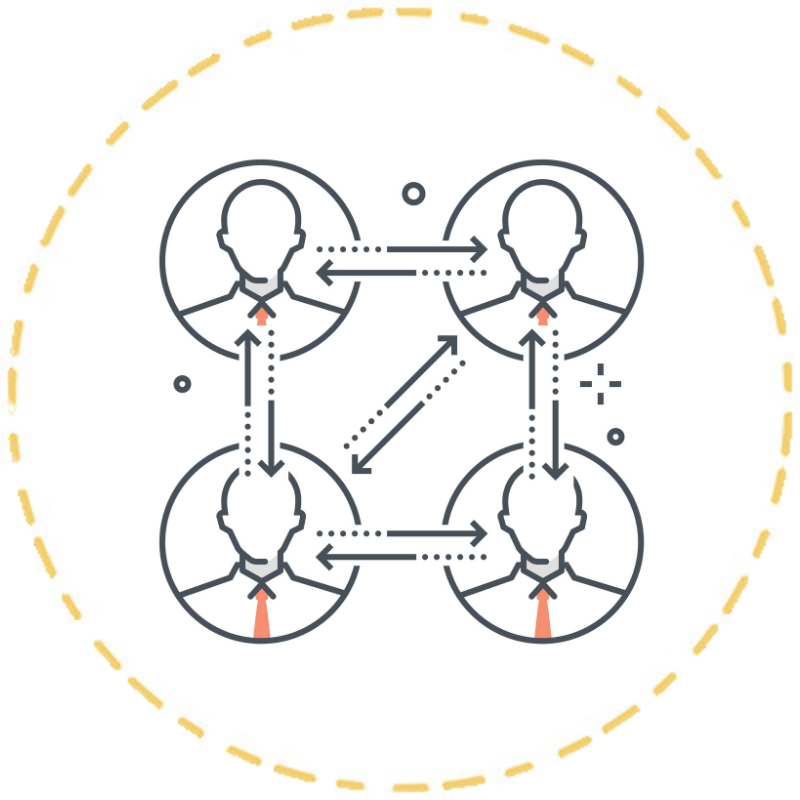
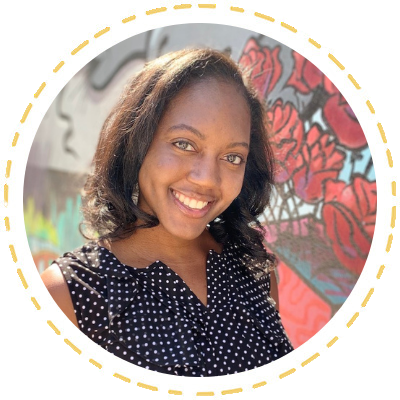
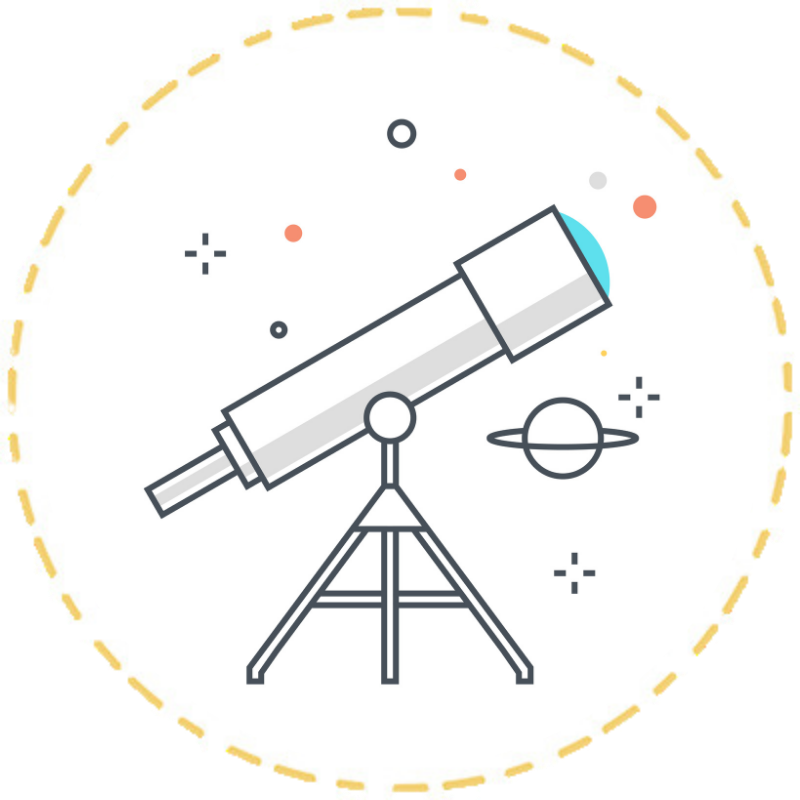

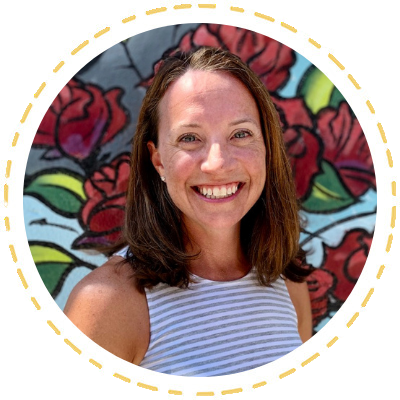

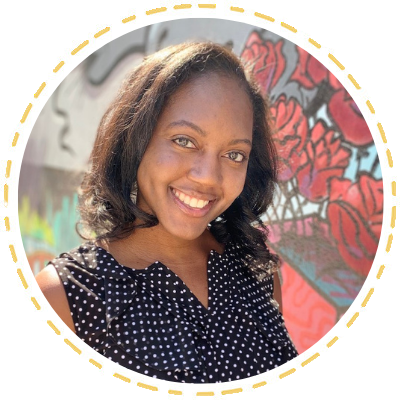
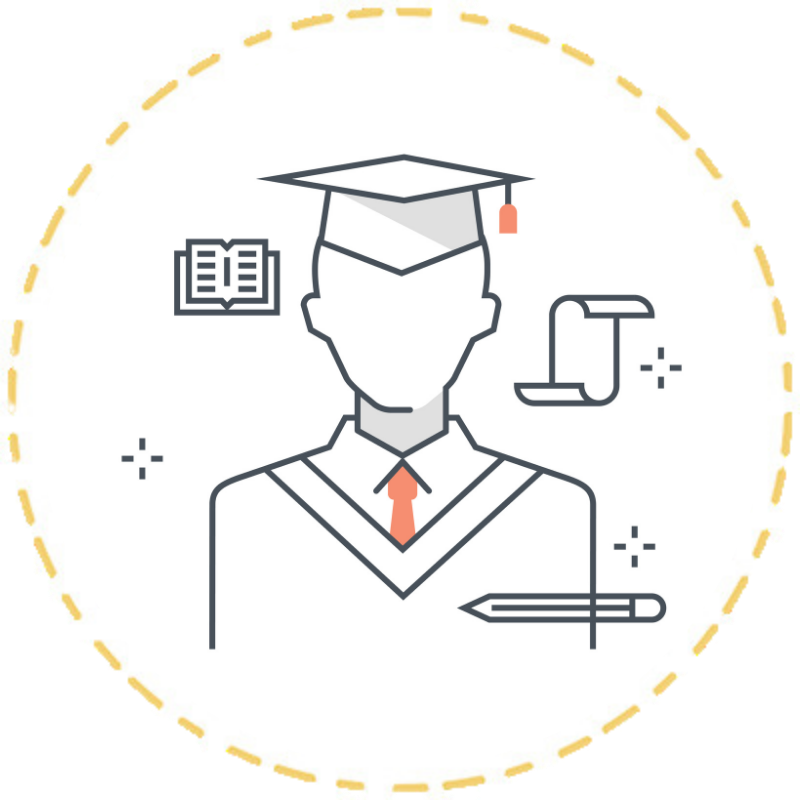

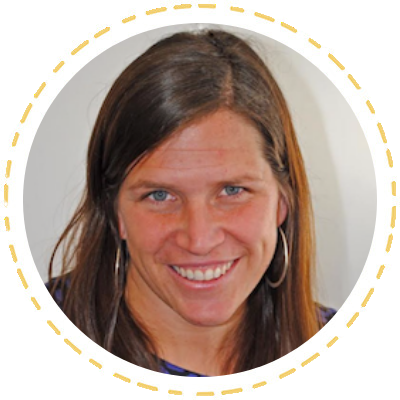
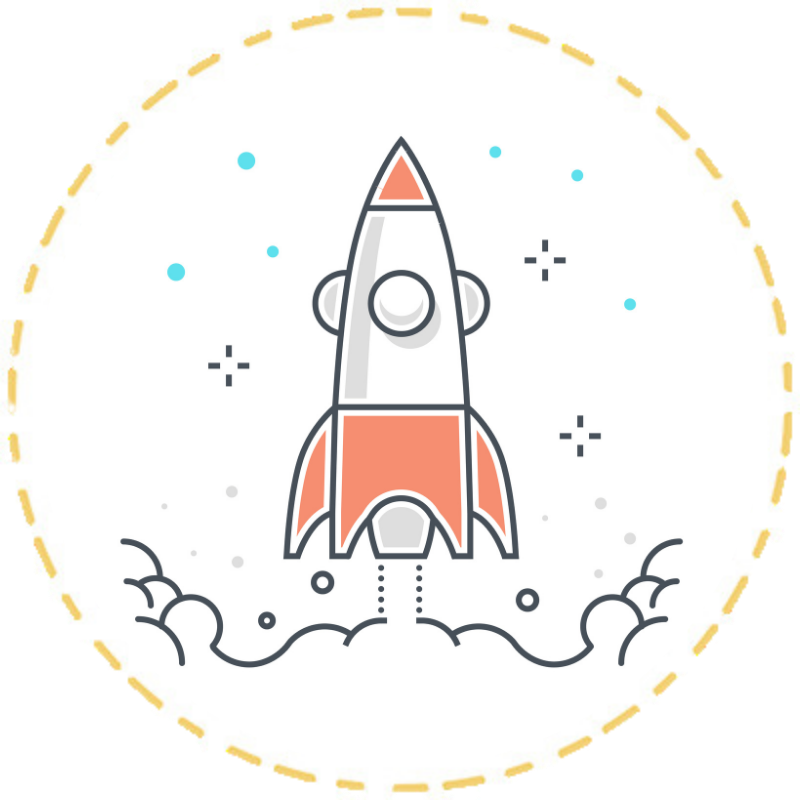
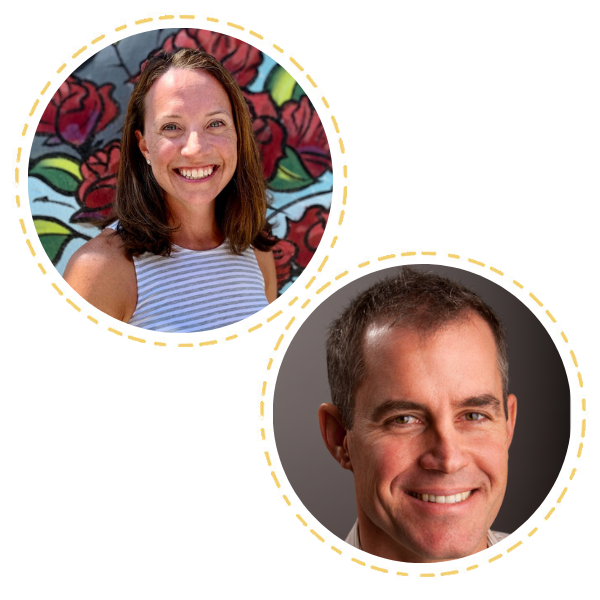

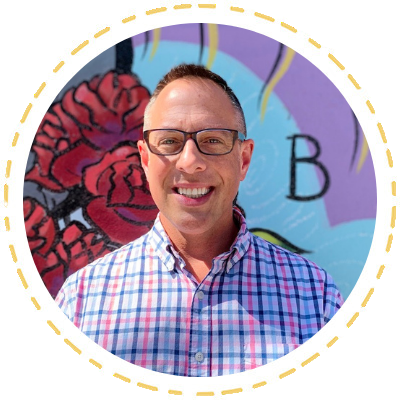
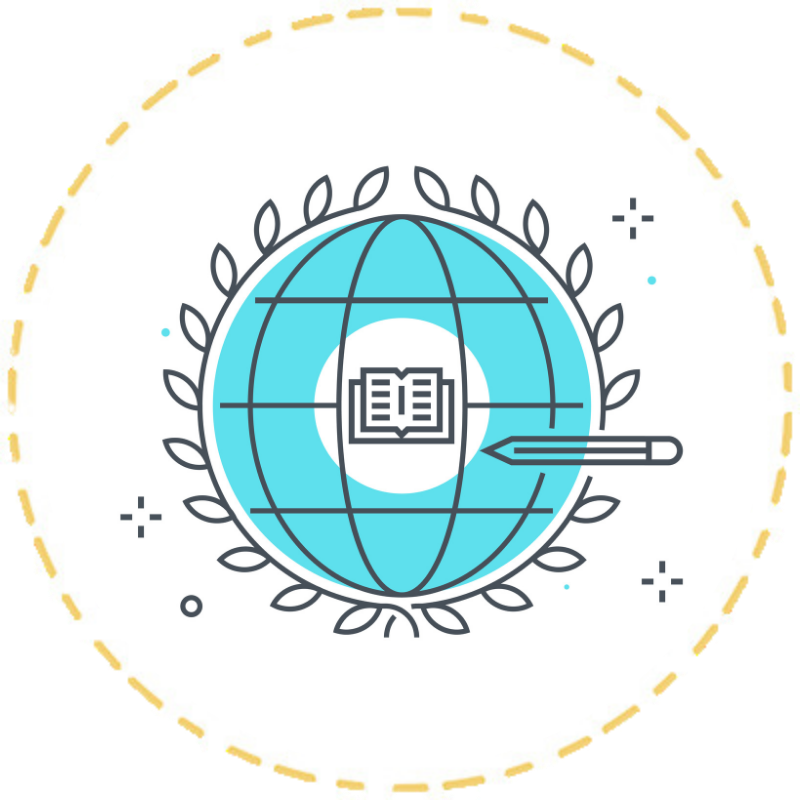
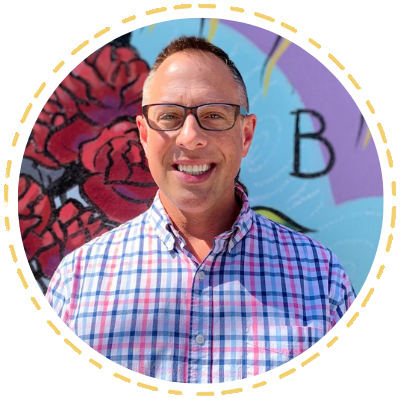

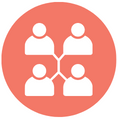

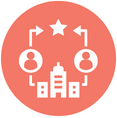
 Explore WLS
Student travel locations
Explore WLS
Student travel locations

